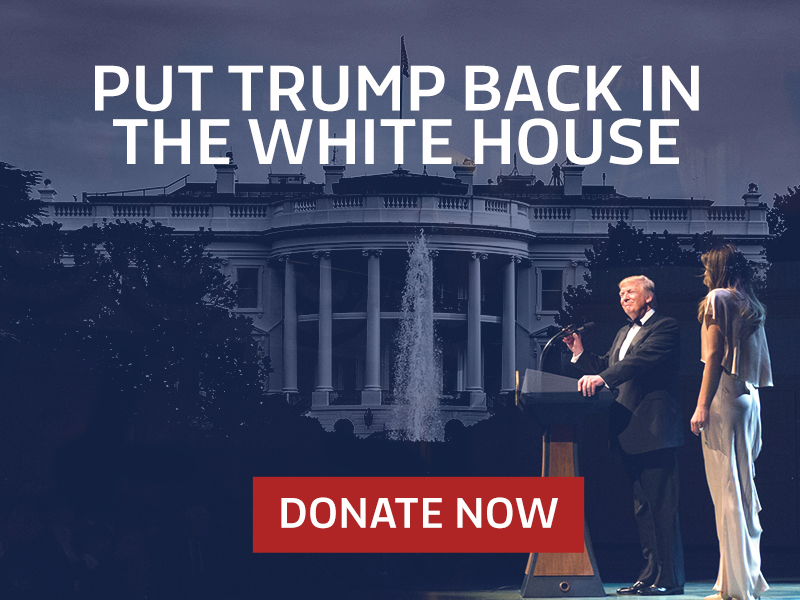Chris Hughes, a former Facebook executive, took to the New York Times to argue for breaking up his former company. Some of the arguments were good. Namely, that Facebook uses its near-monopolistic position in a way that is anti-competitive and hampers progress and user accountability. One of the most novel arguments was that Facebook employees themselves don’t even understand their company’s algorithms for displaying content to Facebook users. And he had some good observations about how regulators might be able to help on privacy issues.
Hughes also made some observations that were useful, but he couldn’t see the full import of them. For instance, he pointed out that Mark Zuckerberg desires more regulation from Washington, more guidance on what he should and shouldn’t allow. But of course this greater level of regulation would have the perverse effect of ensuring Facebook’s dominance; Zuckerberg’s company can afford the lawyers and the compliance costs that go with them. Further, it would shift the burden of governing speech on the platform away from him and toward Washington. He would continue to see his wealth grow, but responsibility for his product would be outsourced to the public.
But the most frustrating part of Hughes’s argument was that, at the beginning and end, his biggest concern for worry was not to see the 2016 election cycle repeated. This has been a major concern both in and outside Facebook, and historian Niall Ferguson was the first to sense how much pressure would come down on Silicon Valley not to be used by conservatives again.
Chris Hughes, Mark Zuckerberg, and so many others in Silicon Valley simply do not understand what they have built. In some ways it is hard to blame them. They were kids. And imagining the political impact of gargantuan social-media enterprises is difficult for adults. But adults with the right education could have given them some clues.
Traditional media such as books and an ecosystem of newspapers are an asset of highly developed institutions, with gatekeepers and embodied forms of judgment. They are also the vehicle by which one class of professionals tries to lead and form public opinion. Mass broadcast media, including radio and TV, were tools that lent themselves toward conformism, as dictators and advertising executives came to understand quickly. Social media, lacking these institutionalized judgments, was always bound to become a rallying point for those resisting the professional classes. The whole point was to build “Web 2.0” platforms in which users generated content for each other. And so social media in fact encourage opinions that run contrary to the mainstream to become socially visible faster. If you were being provocative, you might say that social media create a plane of popular visibility, allowing the previously blindfolded passengers in democracy to exchange grave looks and nods toward the “Let’s roll” attitude in a Flight 93 situation. In short, social media are a vast new territory for the practice of democratic deliberation, which is exactly why to proper liberals they look like a roiling and endless food fight.




